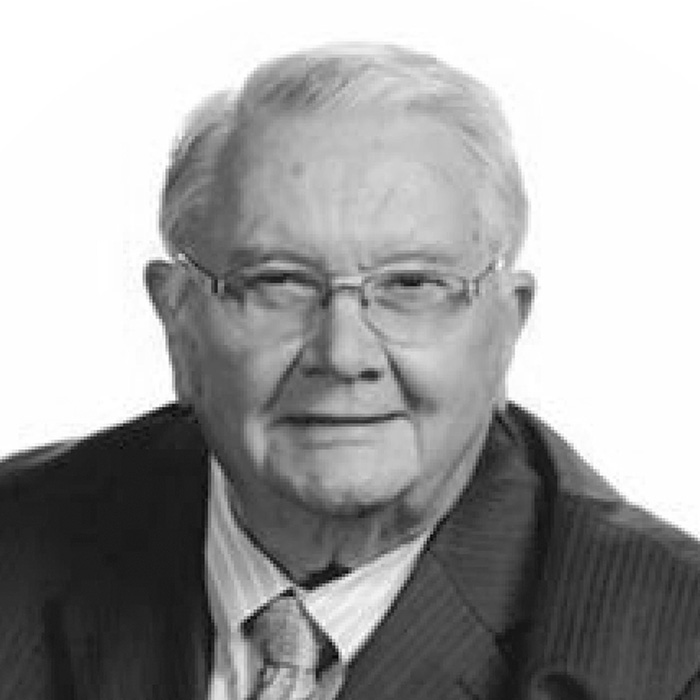RELIGION —
Frederick Buechner wrote wisely about the power of forgiveness. He said, “When somebody you have wronged forgives you, you are spared the dull and self-diminishing throb of a guilty conscience.”
I know that’s true from my own experience. I was at odds with a friend. I had offended him and I was miserable. I knew in my gut I needed to ask his forgiveness but I kept putting it off. All the while, guilt was like an anchor around my neck, squeezing the joy out of everything I was trying to do.
Finally, I drove over to my friend’s home, hoping he would not be at home. But he was there. I walked in and said, “I have come to ask your forgiveness.” He didn’t ask why; he knew. He smiled, put his arms around me and simply said, “Thank you!” Tylenol may relieve a headache but it takes forgiveness to relieve a guilty conscience.
We wept together as Jesus restored our friendship. God’s peace replaced the throb of my guilty conscience.
Buechner explains well what happens when we take the initiative to forgive someone who has wronged us. He says, “When you forgive someone who has wronged you, you are spared the dismal corrosion of bitterness and wounded pride for both parties. Forgiveness means the freedom again to be at peace inside your own skin and to be glad in each other’s presence.”
The “dismal corrosion of bitterness” is indeed devastating and can actually destroy the person who refuses to forgive. A forgiving spirit gives me freedom to “be at peace within my own skin.” When I refuse to forgive someone, I chain myself to nagging guilt and resentment. Only forgiveness can break those chains.
Forgiveness is what the Christian faith is all about. Everybody has sinned. Sin enslaves us. God loves us anyway. He sent his son to tell us we are forgiven. His gift of forgiveness is offered in the nail-scarred hands of Jesus. Only from those hands may we receive it.
Receiving that gift, we are set free from our sins. In that freedom we have peace with God — and that peace moves us to forgive those who have wronged us. Knowing this is what moved Paul to write, “Be kind and compassionate to one another, forgiving each other, just as in Christ God forgave you” (Ephesians 4:32).
Is there someone with whom you are at odds now? Someone with whom you would like to restore that feeling of “being glad in each other’s presence”? Why not seek the Lord’s help to break the chains of unforgiveness? Ask Jesus to give you the courage to apologize and ask that person for forgiveness. You can do it — with His help, and you will never regret this decision.
Forgiveness can be a beautiful gift but it must be shared if we are to experience its transforming power. Receive it. Share it freely. Without it, peace with God is impossible.


